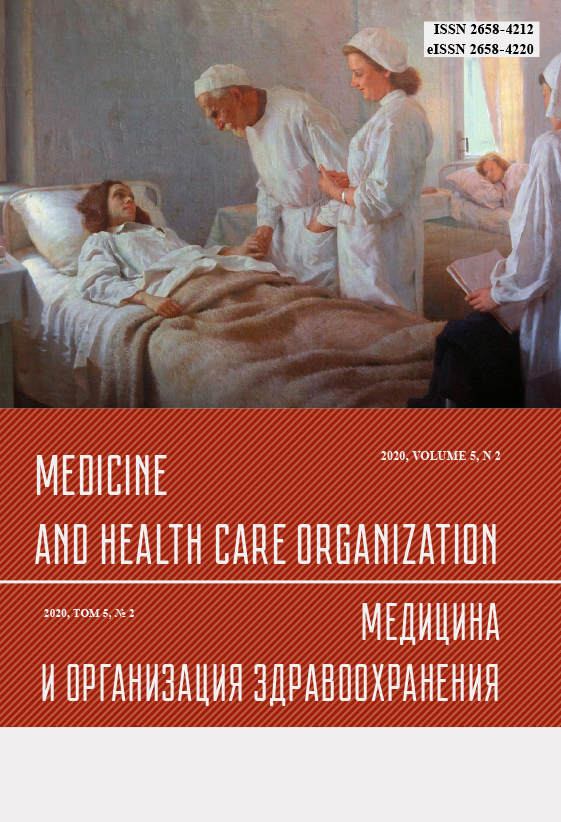MODERN TRAINING OF OUTPATIENT SPECIALISTS. PROBLEMS OF PRIMARY ACCREDITATION AND POSSIBLE SOLUTIONS
Abstract
The primary accreditation of specialists is aimed at assessing the competencies of graduates of medical universities and consists of three stages: testing, assessment of practical skills in a simulated environment and solving clinical problems. The first and third stages determine the level of knowledge of graduates on line and are aimed at assessing theoretical training. The second stage is carried out in the form of an objectively structured clinical examination (OSCE) and consists of five stations simulating real manipulations, diagnostic skills or algorithms for examination patients on dummies and robots. The article presents the basic difficulties of pre starting stage and problems in organizing the second stage of accreditation from 2016 to 2019. The analysis of the peculiarities of the second stage, including basic cardiopulmonary resuscitation, emergency and emergency care, physical examination and preventive examination of the patient was carried out. During the assessment of the station passports and check list attached, the necessity for creating additional methodological resources and video presentations while using simulation equipment for both students and members of the accreditation commission was noted. Ways to optimize the filling of applications for graduates to undergo primary accreditation using an electronic document management system were proposed. The problems of sudden changes in the content in the Passports of stations and the effect of untimely information on the psychological state of graduates, as the results of accreditation are taken into account to determine the rating while admitting applicants to clinical residency. It should be noted that since 2018 a communicative station has been used in a test mode, aimed at assessing the skills of collecting complaints and anamnesis of patients. The article proposes to combine the communicative and diagnostic stations which will make the assessment of clinical thinking complete and fundamental.



